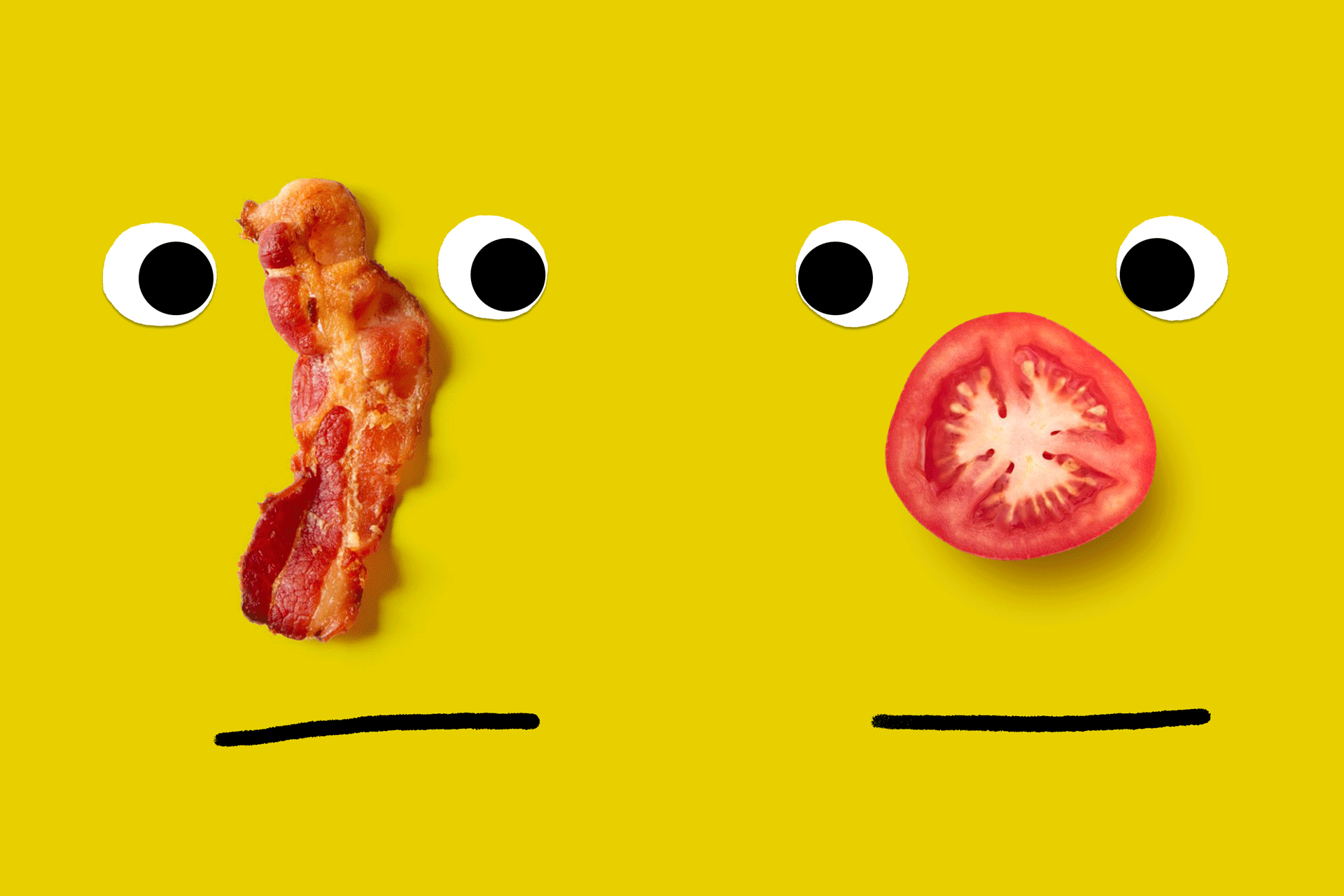Why Does the Nose Know? No One Knows
BOSTON â Scientists know a lot about smell. They know that it weakens as we get older, that it varies depending on a personâs sex and ethnic background and that it involves more than just the nose. What they generally donât know is why.
âWithin the scientific community, smell has always taken a back seat to the other senses, probably because we donât live in an olfactory world. We live in a visual world, a world of sounds,â said Dr. John S. Kauer, a New England Medical Center researcher trying to determine brain function using the nose.
Last year he used video cameras and special dyes to trace the path of an odor impulse through the brain of a salamander. The work produced a âmovie,â or series of color-enhanced pictures, showing that the brain is âa parallel processor,â handling many signals simultaneously, like a supercomputer.
Alzheimerâs Link
The research may have implications for the study and treatment of brain tumors by helping differentiate between tumors and normal tissue.
Scores of researchers are poking their noses into such olfactory oddities as a link between premature decline in smell and Alzheimerâs disease, a protein that ferries odor molecules through the nose, the fact that half of all people between ages 65 and 80 suffer major loss in the sense of smell and the trait peculiar to some nasal nerve cells to regenerate.
âTheyâre the only neurons in the human body that undergo this spontaneous renewal and spontaneous decay,â Kauer said.
Some of the research in the field of smell is aimed not at medical advancement but at the bottom line. In Union Beach, N.J., Dr. Craig Warren heads a research and development team for International Fragrances and Flavors Inc., a company that produces scents for soaps, perfumes and other products made by hundreds of companies around the world.
Smell, Warren said, âis the one sense for which the mechanism for perception is unknown.â Scientists know how odor molecules are gathered by smell neurons, but they donât know how a few similar types of receptor cells can distinguish between thousands of different odors.
Research suggests that the process of smelling involves more than the nose, Warren said. When blindfolded, âMost people cannot discriminate a lemon from a lime or an orange from a grapefruit.â
Small Samplers
International Fragrances and Flavors regularly brings in dozens of smell samplers, usually women, to rate and react to fragrances, with emphasis on how the fragrances can alter mood. In the process, Warren has found that 10% to 15% of the subjects display a particularly acute sense of smell.
At the opposite end of the spectrum are those with no sense of smell.
Mary Brooks, 35, of Philadelphia, took an uncommon route to this fairly common problem. Beginning in 1972 she began to experience what amounted to smell hallucinations; she thought she smelled an unpleasant odor when there was no odor present. Years of anguish and unsuccessful treatment finally led to brain surgery in which her olfactory nerve was removed, ending her hallucinations but leaving her incapable of smelling.
âIt can be very dangerous,â she said. âIâve already burnt things in the oven and I didnât know it, and there are smoke alarms everywhere. But on the other hand, it doesnât bother me not to smell because I still sense that Iâm breathing and smelling the same as you are.â
Brooksâ doctor was Richard Doty, director of the University of Pennsylvania Smell and Taste Center. Patients include the aged and professionals like wine tasters, firefighters, police officers, gas company workers, inspectors and cooks whose lives and livelihoods can depend on the sense of smell.
âThere have always been problems that people had and theyâve had no place to turn in the past,â Doty said. âItâs a frontier of science which really hasnât even been touched on.â
Thatâs no accident, Kauer said. âOur world doesnât require it. We really donât go out and forage for food by sniffing along the ground. That evolution took place millions of years ago.â
Doty, Daniel A. Deems and Stanley Stellar published a report in August in the journal Neurology linking the loss of smell and Parkinsonâs disease. A year earlier, a similar study linked the loss of smell to Alzheimerâs disease. A new area of research will try to determine if the nasal passage serves as a pathway for viruses or chemicals that contribute to those maladies, Doty said.
The general subject headings scientists have explored give an idea of the scope of smell research: the influence of body tilt on the sense of smell and the effects of mouth movement, swallowing and spitting.
Studies of ethnic groups have turned up some interesting distinctions: Korean-Americans appeared to have particularly acute ability to identify smells. Black Americans in one sampling had trouble with cedar and cheddar cheese. Whites had trouble with gingerbread. Native Japanese scored poorly on clove and fruit punch.
Despite this mountain of research, a key question that puzzles scientists is precisely how the sense of smell works.
At Johns Hopkins University, Dr. Solomon Snyder identified a carrier protein last summer that ferries odor molecules up the nose. The discovery occurred inadvertently in a search for receptors that play a key role in distinguishing smells, Snyder said.
âBut another possibility as to why the receptors havenât been found is that they donât exist.â
Other factors--sight, sound and environment, for example--help provide the brain with cues in identifying smells, he said, but âthe fundamental discrimination is going to be in the nose.â






